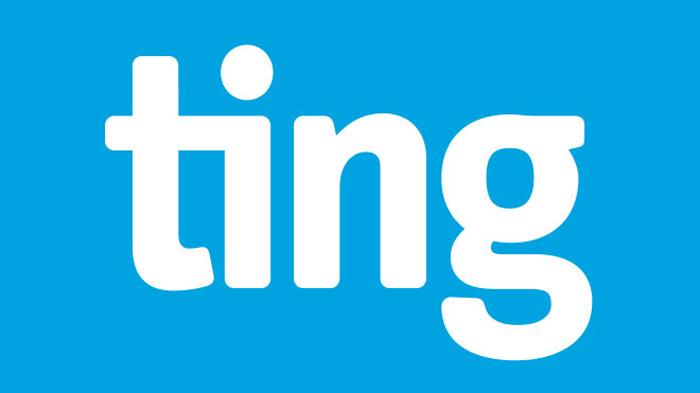
Here in the U.S., it seems that customers are starting to realize that being with one of "The Big Four" doesn't necessarily mean that you're getting the best deal. Yes, they do have their benefits (Verizon has more coverage; Sprint has "unlimited data"; AT&T has bundling; and T-Mobile, previously, had competitively cheap plans despite locking you into a contract) but of course, you're locked into a contract with each benefit. With T-Mobile being the first of the postpaid carriers here to break from the mold and essentially break down our monthly fees in Layman's terms without locking us into a contract with a hefty, almost inexplainable early termination fee, customers are starting to realize that the way things are doesn't necessarily mean that this is way things have to stay.
Thus, prepaid carriers are starting to gain more attention.
Take Straight Talk for example; although exclusively through Wal-Mart, anybody is able to bring in any GSM-operated device (T-Mobile, AT&T) and use a Straight Talk SIM card to take benefit of their cheap, contractless monthly plans. $30 gets you 1,000 minutes, 1,000 texts, and 30 MB of Data. For the more extensive user you have the $45 plan, which makes everything unlimited for only $15 extra a month. Of course, there is downside that the plan currently doesn't include LTE and doesn't guarantee HSPA+, so there's that to consider. For many people, however, the amount of money they could be saving compared to plans of postpaid carriers is enough of a trade-off.
Straight Talk is only one example out of many who follow the same business model. However, one previously prepaid model, which was already considered unique in the fact that it let you design your plan depending on your usage, is turning into somewhat of a postpaid-type carrier; almost like T-Mobile, but maybe a little better in some aspects.
If you've been keeping up with the dogashians (oh man, that was a bad joke), you might have seen Alex's post yesterday regarding Sprint MVNO Ting's recent changes to their prepaid plans to move towards a more postpaid model. Instead of trying to figure out how many minutes, texts, and data you'll use within the next month and then getting reimbursed for what you don't use, the new model allows you to only get charged for what you use. Awesome? Yes. Does it have its drawbacks? You betcha, but what plan doesn't?
The thing about Ting is that the drawbacks that come with the plan are almost the same problems that you get with any postpaid plan: you really don't know what your bill is going to be at the end of every month. The plus side to Ting against other carriers that follow this same plan is that you won't get charged an arm and a leg for spending five extra minutes on the phone than you originally intended. With other postpaid carriers it's just that: You have the freedom to go over your limit if you want, but if you do you can expect to be charged a hefty fee because of it. Ting actually used this same model back when it was prepaid. You could certainly go over the minutes, texts, or data you thought you would use, but the rates would climb a little higher at the point that you passed your predicted amount. With this new move to postpaid plans, Ting also manages to take out most of the confusion that potential new customers experienced when inquiring about Ting, which apparently happened quite often. While it might not be as convenient as other prepaid carriers that let you know exactly how much you're being charged, it seems like it would be beneficial to people who don't necessarily have a
I've come to realize that there will never be a universally perfect plan model for everyone, but I do feel like there are ways that the industry could change things up in order to avoid what seems like the same song and dance and provide a better, frugal, and more pleasant experience for all. In a world where everybody uses their phone differently, I feel like both T-Mobile and Ting (among others) are doing the industry a good service by trying to make things more open and diverse. It's a good start.
Readers, what do you think about Ting's new postpaid idea? Is this a plan that would suit you? With the seemingly growing trend of carriers making changes to plans in order to keep and gain customers, what changes would you like to see within carriers? Let me know your thoughts in the comments below!
Images via Ting